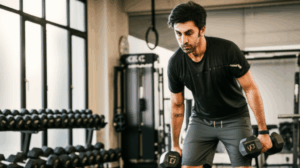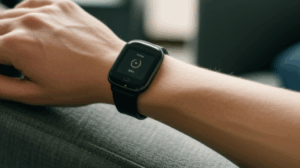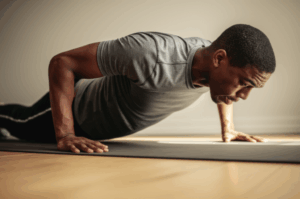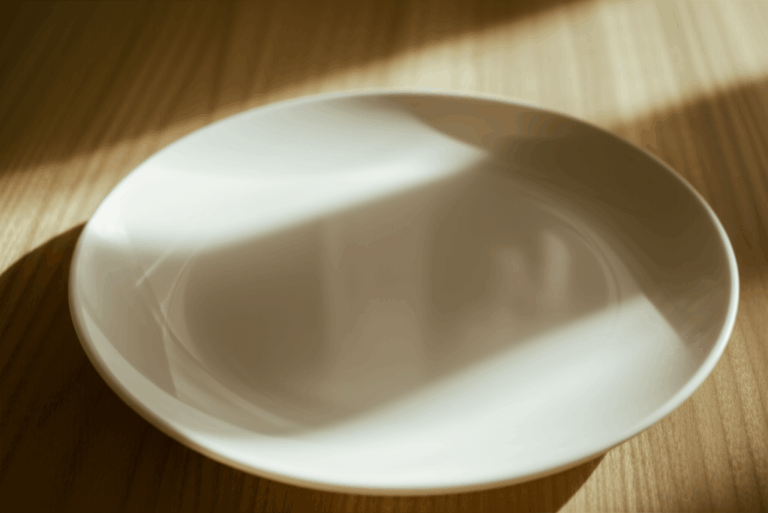Protein is an essential macronutrient vital for numerous bodily functions, from building and repairing cells and tissues to supporting immune health and hormone production. While true protein deficiency is uncommon in developed countries, many individuals may still not be meeting their optimal protein needs. Experts indicate that your body often sends clear signals when it requires more of this crucial nutrient.
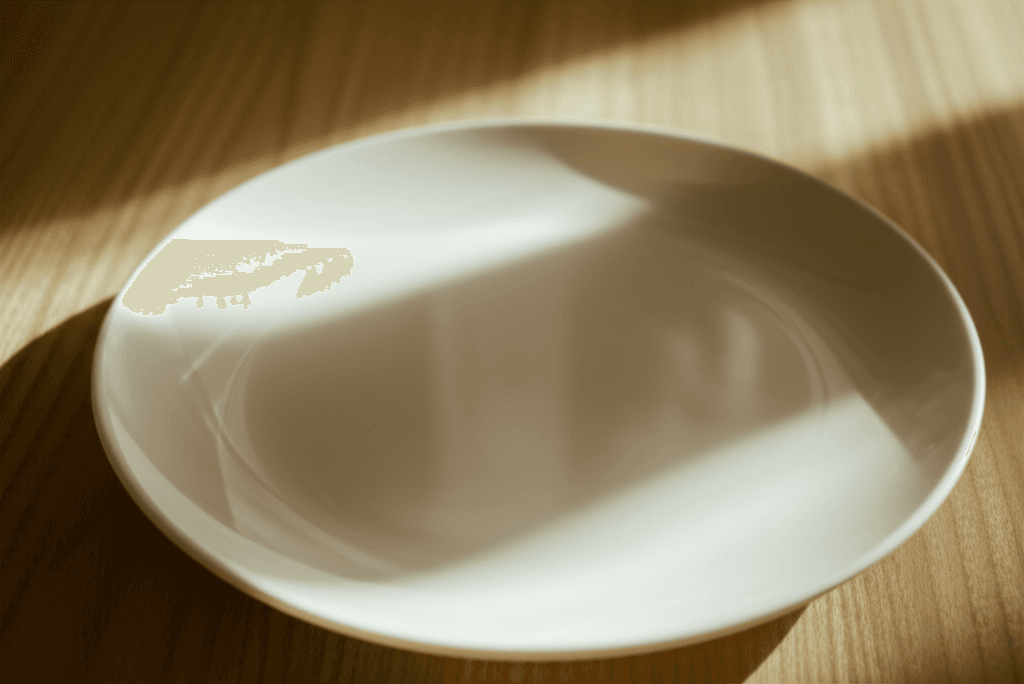
Persistent Hunger and Cravings
One of the most common signs you might need more protein is feeling constantly hungry, even shortly after eating. Protein plays a significant role in satiety, helping you feel full and satisfied. If your meals lack sufficient protein, you may find yourself reaching for snacks sooner, as protein takes longer to digest than carbohydrates. If you’re consistently hungry, dietitians often recommend assessing your protein intake.
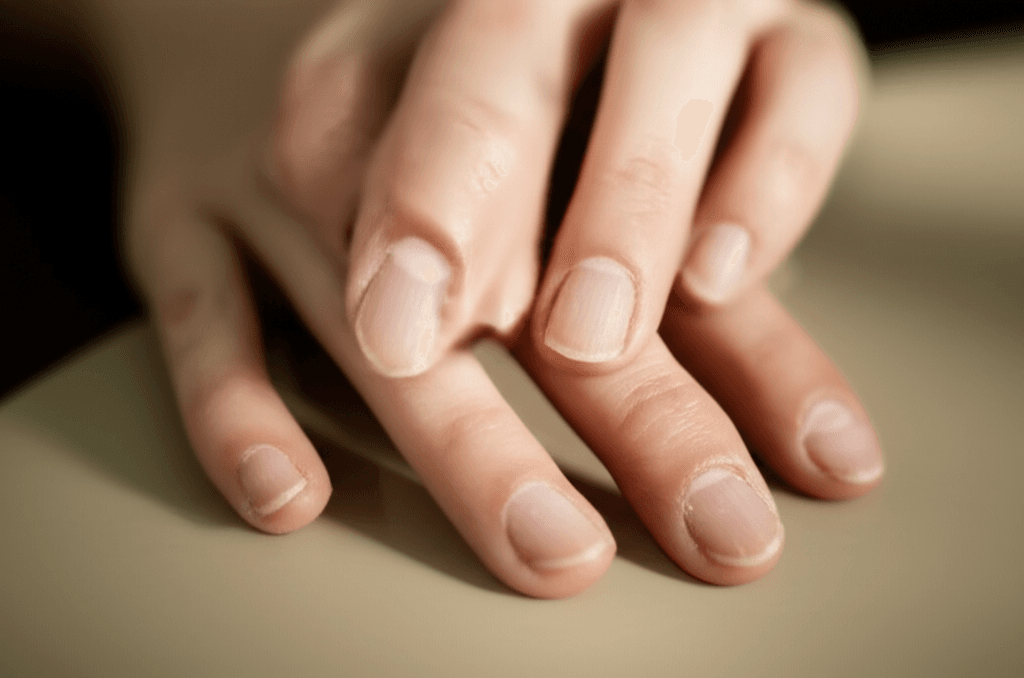
Difficulty Building or Maintaining Muscle Mass
Protein is the fundamental building block for muscle tissue. If you’re consistently working out but not seeing improvements in muscle mass or are experiencing muscle weakness and loss, insufficient protein intake could be a major contributing factor. Your body will break down muscle protein for other vital functions if it doesn’t get enough from your diet, which can even impact heart muscle in severe cases. For optimal muscle health, experts suggest consuming between 1.2 to 1.4 grams of protein per kilogram of body weight daily, with athletes potentially needing up to 2 grams per kilogram.
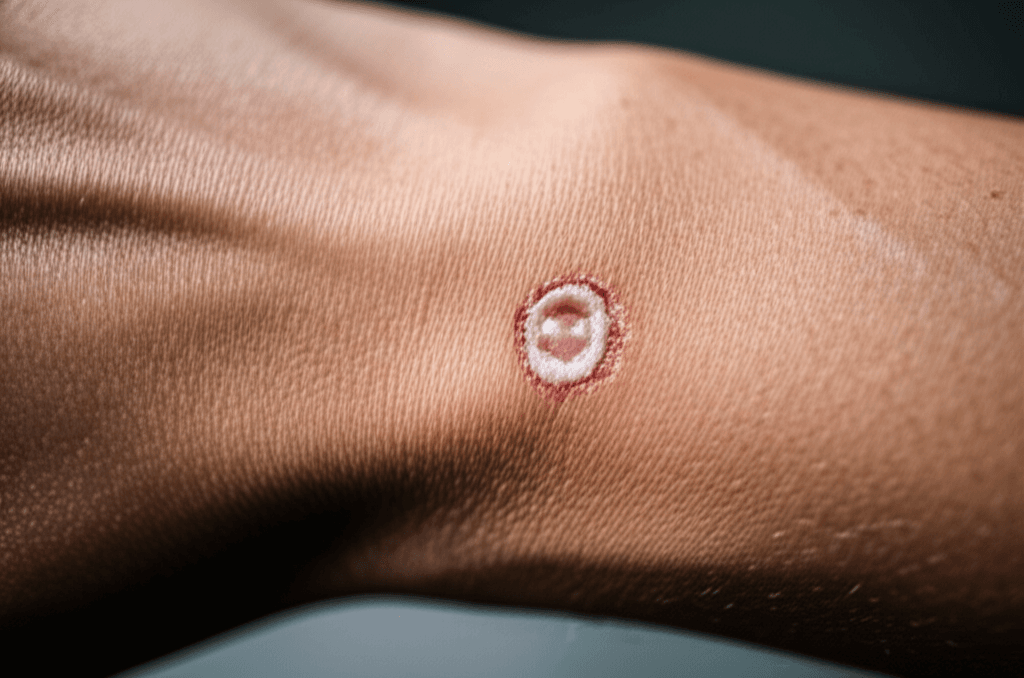
Slow Wound Healing
If cuts, scrapes, or other injuries seem to be taking an unusually long time to heal, it could be a red flag that your protein intake is insufficient. Protein is essential for tissue repair and the production of collagen, a vital protein in the skin crucial for wound healing and forming blood clots. Without adequate protein, your body’s ability to repair itself effectively can be compromised.
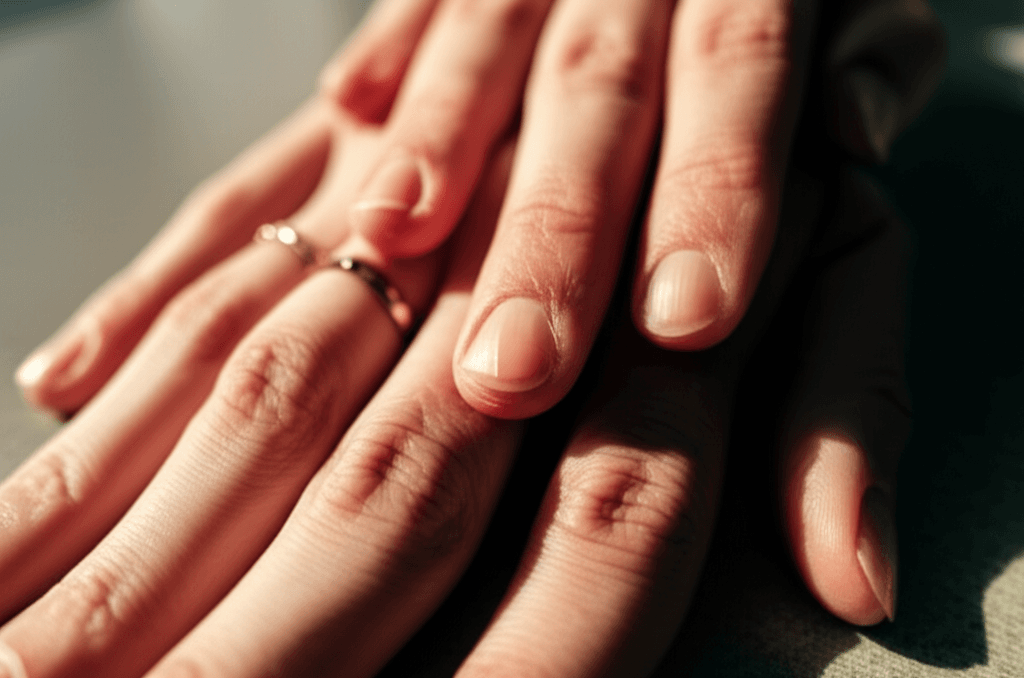
Brittle Hair, Weak Nails, and Skin Issues
Your hair, skin, and nails are largely composed of proteins like keratin, collagen, and elastin. When your body is not getting enough protein, it may prioritize essential functions over non-essential ones, leading to noticeable changes in these areas. You might observe brittle or thinning hair, rapid hair loss (telogen effluvium), dry and flaky skin, or deep ridges on your fingernails. These external signs can often be among the first indicators of a protein deficiency.
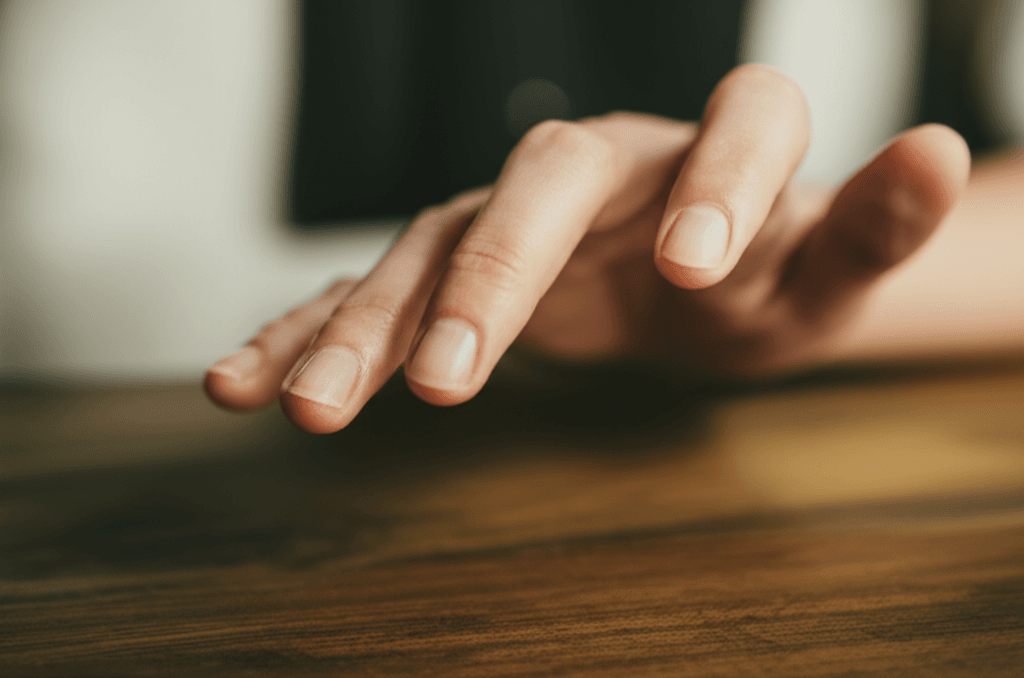
Persistent Weakness and Fatigue
Feeling unusually weak or fatigued without an obvious reason can also point to a need for more protein. Proteins are crucial for producing hemoglobin, which is a component of red blood cells responsible for carrying oxygen throughout your body, providing you with energy. A lack of protein can lead to anemia, where your cells don’t receive enough oxygen, resulting in tiredness. Research also shows that even a week of inadequate protein intake can affect the muscles responsible for posture and movement, particularly in older adults.

Boosting Your Protein Intake
If you recognize any of these red flags, increasing your protein intake can be relatively straightforward. Experts recommend spreading protein consumption throughout the day, aiming for about 25 to 30 grams per meal.
Simple Dietary Adjustments
- Start Your Day with Protein: Incorporate eggs, Greek yogurt, cottage cheese, or a protein smoothie into your breakfast.
- Prioritize Protein at Meals: Make lean meats, fish, legumes, or soy products the focus of your main dishes. Consider eating your protein source first.
- Smart Snacking: Choose protein-rich snacks like nuts, seeds, edamame, or cheese sticks.
- Incorporate Plant-Based Options: Beans, lentils, chickpeas, tofu, tempeh, and even certain vegetables like spinach and broccoli, are excellent sources of plant-based protein.
- Make Simple Swaps: Replace regular yogurt with Greek yogurt, use high-protein pasta made from beans or lentils, or swap rice for quinoa.
- Add Protein to Beverages: Protein powders can be easily added to smoothies or even coffee and tea.
While most people in developed countries get enough protein to prevent severe deficiency, optimizing your intake can significantly improve overall health and well-being. If you are concerned about your protein levels, consulting a healthcare professional or a registered dietitian can help you determine your individual needs and create a suitable nutrition plan.

